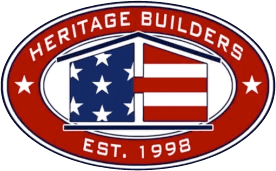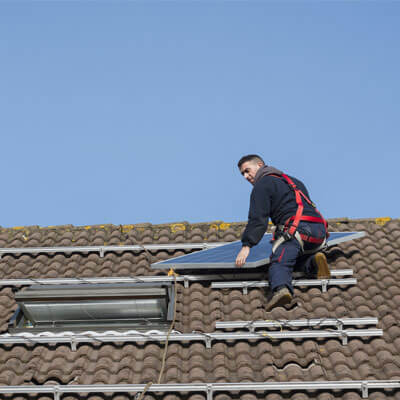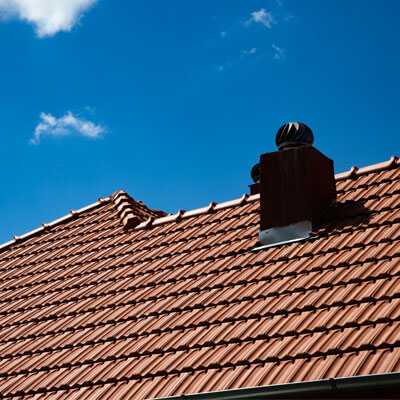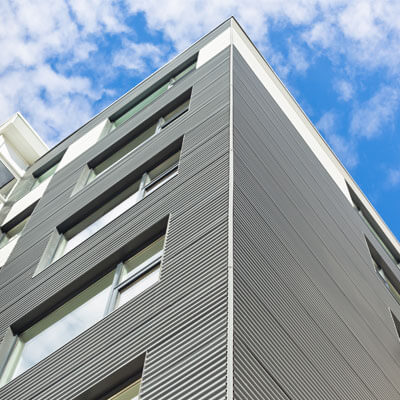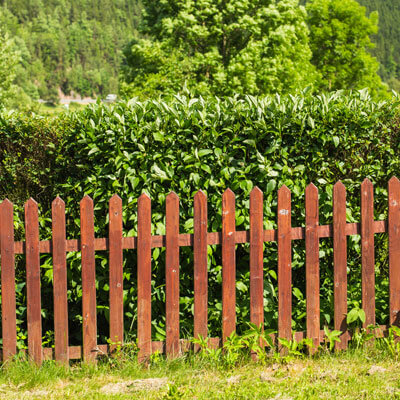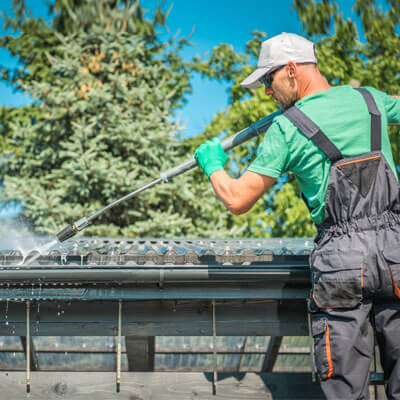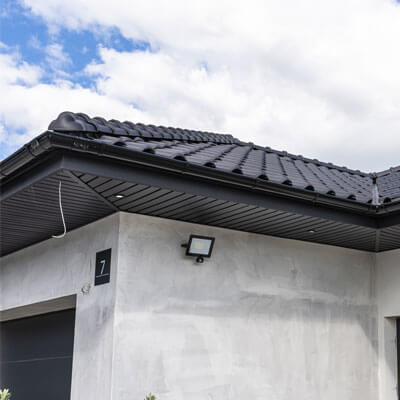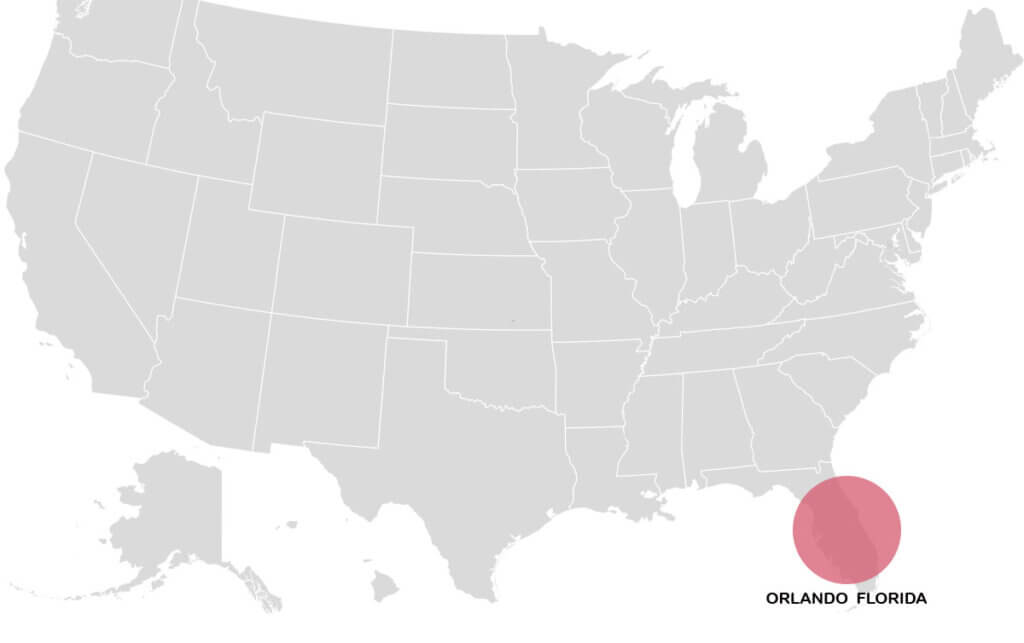Roof Inspection
Roof Inspection Near Me
Your roof is a mechanical system. It may seem to be a passive feature of your house. But, just like your home’s HVAC, plumbing and electrical systems, your roof performs functions that require proper maintenance and periodic inspections to ensure reliable service.
A roof inspection is a thorough examination of all roofing components on, or in, your home. The inspection is performed to determine the current performance of your roof and what, if anything, needs to be done to correct any problems.
Roof inspections are also performed to certify a roof. That is, to determine the quality and expected lifespan of a particular roof. These inspections are common when buying or selling a house.
The benefits of roof inspections
Separate from not getting on your roof yourself, hiring a professional roofing contractor has many benefits.
A roof inspector can typically spot any of the following:
- Damaged shingles
- Deteriorating flashing
- Gutter/ downspout issues
- Leaks
- Mold
- Wood rot
The earlier issues are discovered, the sooner you can fix them and potentially spare yourself the stress of further damage. The best part is that a roof inspection may not cost you anything. If an insurance company has ordered an inspection as part of the underwriting or claims process, you won’t be required to pay out of pocket. You’ll only have to pay for an inspection that you initiate. However, having your roof inspected every few years may be a good idea, even though hiring an inspector that often likely means you’ll pay out of pocket.
When you stay on top of your roof’s needs, you are more likely to increase its longevity. No roof lasts forever, but if you address hiccups as they arise, the chance of your roof undergoing a massive system-wide failure is greatly lessened. Generally, roof inspections may be a helpful tool that benefits you, as a homeowner.
Soffits and Fascia and Drip Edges
From the ground, the inspector will look at the condition of the soffit material covering the roof overhang. Once on the ladder, they can get a closer look to see if any water has made its way behind the fascias and drip edges.
Gutters and Downspouts
The first thing that should be done when doing a roof inspection is looking at the gutters. A good indicator that your contractor knows what they’re doing is the presence of a comprehensive roof inspection report that describes the condition of your roof’s gutters in great detail.
Roofing Material
The condition of the roofing material is best determined by close examination from on the roof itself. Trying to gauge its condition from the ground will return a far less accurate assessment.
Roof Penetrations
Vent pipes, roof vents, media installations or other items create holes in your roof. These holes are covered by various boots, seals, sealants or flashing to keep water out. All of these penetration seals should be inspected for condition and effectiveness. The conditions of the penetrating items themselves are also inspected.
Inspect the Flashing
Flashing is strips of metal, plastic or other material that’s used to divert water away from the joint created where a wall extends through the roof. Building codes are strict in regards to flashing installation. The inspector will make sure your flashing is up to code and make recommendations if it’s not.
Roof Inspection Services
When an inspector comes out to take a look at your home’s roof, they are essentially calculating how long the roof will last until it needs to be replaced. An insurance company needs to do this in order to calculate how much of a risk your roof is to insure. If your roof is in poor condition, you will probably pay a higher premium, or you may even have some difficulty getting your home insured until you repair or replace it.
If you were to watch an actual insurance roof inspection, you might see an inspector get on top of your roof or you might not. With a general roof inspection, often, the inspector is able to ascertain your roof’s condition visually from a distance of the ground or a ladder. During a professional roof inspection, drones might be used to view your roof, so the inspector may not need physical access to the roof at all.
However, your roof’s shingles are not the only aspect an inspector assesses. Your roof has a lot of components to it outside of its protective layer. An inspector also looks at the condition of the following during an inspection:
- Roofing material (shingles, metal, etc.)
- Flashing
- Gutters
- Vent pipe covers/ boots
- Caulking
- Signs of water intrusion/ mold on the inside
Structural integrity
The inspector will take a closer look at the roof structure and note any signs of sagging or unevenness. They will also examine the condition of other parts of your roof, including the gutter system, fascia, and soffit. If you have a chimney, the roofing inspections should look for any cracks, missing or crumbling grout, or damage to the chimney cap. Most inspectors will also look closely at attic venting to ensure that your roof is getting proper ventilation. If not, moisture can build up in the attic and cause the plywood and shingles to rot. An improperly vented attic may also increase the risk of ice dams if you live in an extremely cold climate.
Workmanship
Ask your roofing inspector if they’ll also check on the workmanship of the installation. This can include things like improperly installed flashing or issues around roof penetrations like chimneys or skylights. If your roof is under warranty and the inspection can provide proof of errors in workmanship, you might be eligible to file a warranty claim to make repairs.
Once the roof inspection is over, you should receive a detailed written analysis of the findings. The inspector should also recommend specific repairs and inform you of what should be done to get your roof back in good condition. They may also provide estimates for the repairs. It’s a good idea to get at least three estimates from local roofing companies just so you can compare. The sooner you make repairs to your roof, the fewer threats you’ll have to deal with whenever it rains or snows again.
